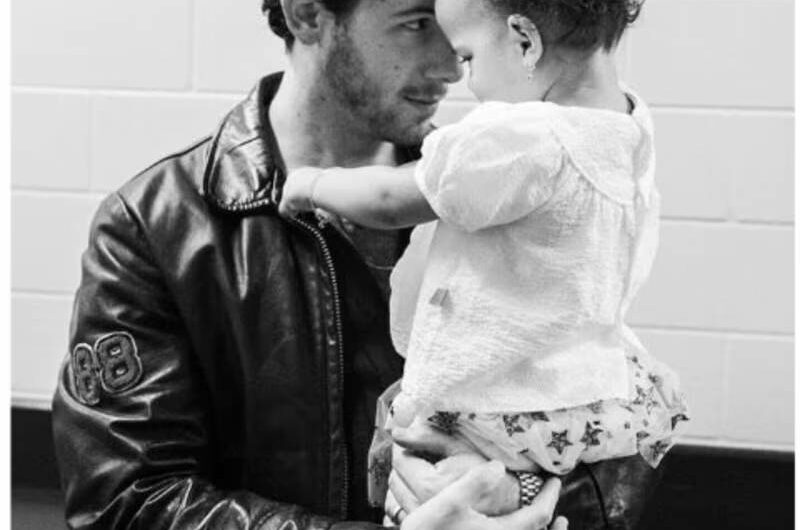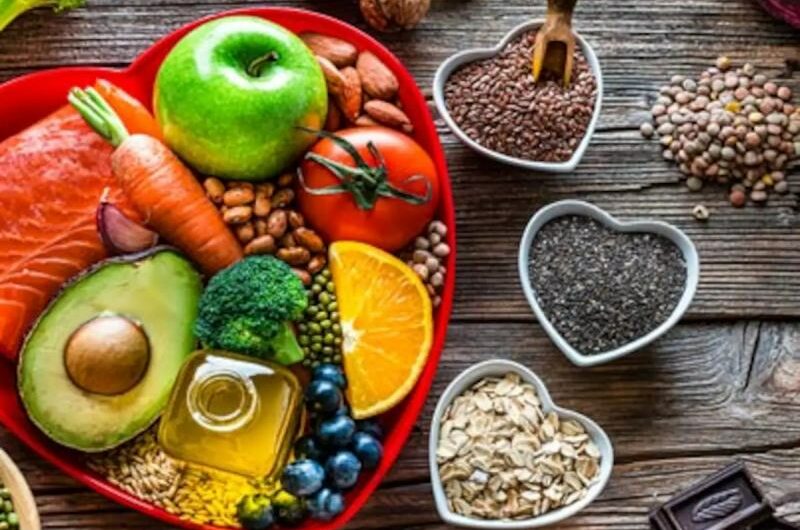AppHarvest (Nasdaq: APPH) works with the Future Farmers of America (FFA) organization, as part of their educational outreach program, to build container farms and raise awareness of agricultural technology at high schools throughout Appalachia.
When talking with Jonathan Webb, the founder and CEO of AppHarvest, about the future of farming in America, his passion and enthusiasm are immediately apparent. AppHarvest is the world’s largest indoor farming facility, utilizing robotic technology and crop-care specialists, in Morehead, Kentucky. Having grown up in the heart of the Appalachian Mountains, establishing a healthy future for the region and its residents is a cause near and dear to Webb’s heart.
AppHarvest’s mission to feed America healthy foods grown in a safer, more environmentally friendly manner has attracted elite investors, including businesswoman and lifestyle guru Martha Stewart. “We’ve learned a lot from Martha and are fortunate to have her,” enthuses Webb. While it is lovely to have the support of celebrities, Webb and the entire AppHarvest team know that America’s hardworking farmers are the true stars of the agricultural industry.
He is hopeful that AppHarvest’s indoor farming facilities will catch the attention of the young kids that may not have any interest in traditional farming. “The average age of the American farmer is in the mid-60s, and the next generation is not particularly inspired to sign up to find a career in agriculture or farming,” says Webb. “And I think we as a country have to figure out what we’re going to do to inspire the next generation to want to pursue a career in farming to produce healthy foods. So we’ve been very fortunate that we’ve had great conversations on the left and right, and we try to work with all elected officials to see how we can be helpful in the overall landscape.”
AppHarvest establishes an educational outreach program in Appalachia
AppHarvest believes in investing in the future of farming in America, which is why it has created the agtech educational outreach program. How does that work? “We’re putting these container farms, which are retrofitted shipping containers with the latest hydroponic farming technology in them, in central Appalachian high schools,” explains Travis Parman, the chief communications officer at AppHarvest. “So we focus first on high schools that have an agriculture professor and that have a Future Farmers of America (FFA) program. We’ve got a close partnership with FFA to help deploy those and manage those. We already have had FFA students graduate from the high school program and join us for college internships too.”
The Floyd County School of Innovation, in the eastern Kentucky town of Martin, is the seventh such container farm to launch since AppHarvest started its educational outreach program. “My goal is to get to at least 20 container farms,” says Webb. “We want to create an agtech ecosystem. That is one where we have good research going on, where we have great suppliers that are located in the area. And so that we have good education at all levels — the high school level, the community college level, the university level — to be able to support the continued growth of the agtech ecosystem,” adds Parman.
Container farms create an excellent environment for learning.
“What surprised me is that those container farms can replicate the production of anywhere from 3 to 5 open-field agriculture acres,” says Parman. He explains that the program is multifaceted to appeal to students’ different interests. “And so depending on what students are interested in, they learn how to grow. Also, some people may be more interested in the technology behind it, so that they can learn the technology,” he says.
All of these educational container farms are networked. “You can go into any one of them and see the dashboard of the others, to see how the others are performing. So the next step in this will be working with the network so that the student farmers are collaborating more and learning from one another,” notes Parman. That kind of technological aspect appeals to the younger generation.
Technology is attracting more young people to farming careers
“A good number of these students are in rural areas. If they come from farming backgrounds, it’s generally more traditional farming,” says Parman. “They may have anywhere from 10 to 50 acres of land, which can be difficult to make profitable at that scale. So many don’t think they would ever want to do farming long-term. They have seen how challenging farming is as a career.”
AppHarvest’s container farm programs are opening students’ eyes to the future of agtech farming. “Suddenly, they see that there is another type of agriculture. And it really can be the future where they are operating these farms with their iPad or iPhone,” says Parman, adding that students have said, “This is actually interesting to me. I could pursue something like this and make a living without having to leave my community.”
“At this point, Kentucky has seven high schools operating container farms. We keep talking about how AppHarvest could help Kentucky become an agtech capital of America,” says Webb. He wants AppHarvest’s mission to catch on across the country. “We hope that other states copy what we’re doing here,” he says.
Webb wonders why every high school in the country does not have the technology for young kids to grow fruits and vegetables. “The kids learn a skill and then get to take these fruits and vegetables home. In some cases, these are kids who are in underserved communities, and they don’t have healthy food options at home,” he says. “With these programs, they can take the fresh produce into the lunchroom. So it’s a win, win, win, where young people are learning skills, including how to operate software and sensors, and also grow fruits and vegetables for the nourishment of their own families and communities.”
Thanks to Webb, the future looks bright for Kentucky’s future. “Real food doesn’t come in a box or some high-fructose corn syrup jar. Real food grows, and you can pick real food and eat it,” he says. “I have realized by being at some of these schools that our outreach program could be the first time people have ever taken something directly off a plant and put it on a plate and eaten it. And so, we are hopeful that we’ll be at 20 high schools pretty quickly here in Kentucky. And we hope more people will wake up and start to see the model replicated in other states.”
Topics #AppHarvest #AppHarvest (APPH) #Future Farmers of America (FFA)










